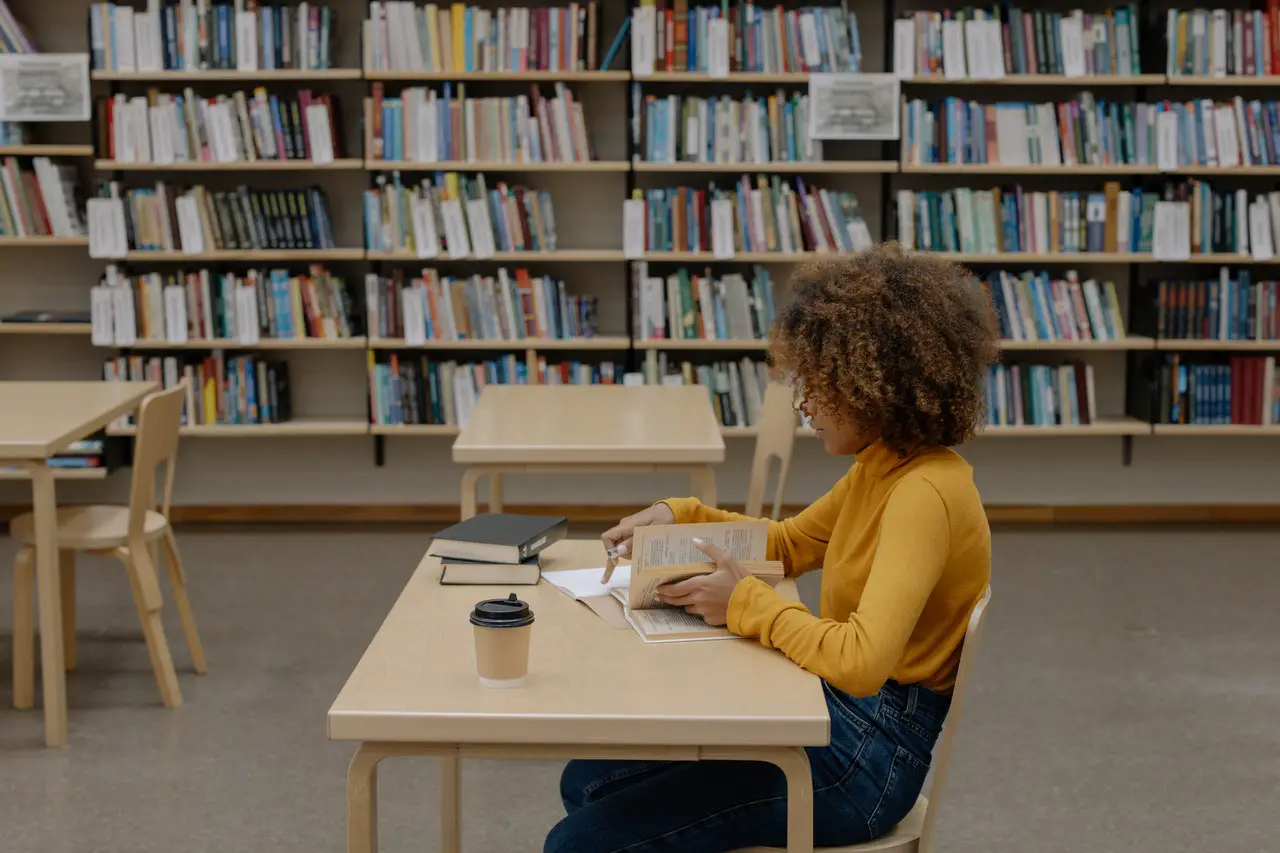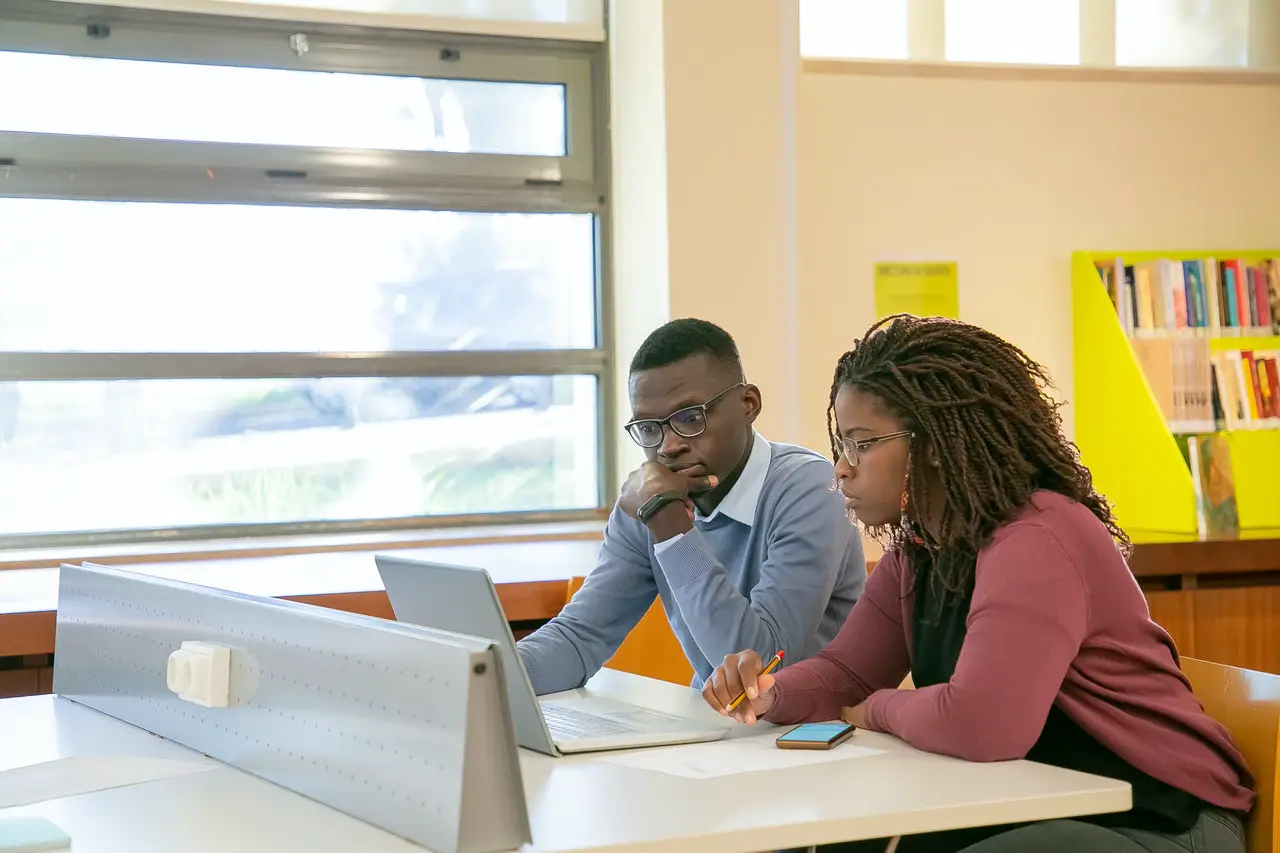Learning is defined as the acquisition of knowledge or skills. Knowledge and skills are acquired in various ways:
- Through practice and experience such as riding a bike
- Through study, reading what others have written about the subject
- Through instruction, being taught by someone with the desired knowledge
Teaching techniques have come a long way, and though memorization still has its place in learning, current teaching standards recognize the value of meaningful learning and critical thinking. On the other hand, the concept of standards-based education, while not without some merit, encourages rote learning without much emphasis on critical thinking.
Each style of education impacts students differently and adds to the overall education experience. It’s common to find a variety of teaching techniques and learning skills in each classroom.
What is Rote Learning?
Ah, multiplication tables, state capitols, lists of presidents. Do you recall memorizing these in school? These lists of memorized facts are an example of rote learning.
The basis of rote learning is memorization. Usually, this memorization is acquired through repetition, think chanting your times tables. Memorization is often achieved without any understanding of the reasoning or relationships involved in the learned material.

Rote learning can be useful when quick learning is required, such as memorizing a telephone number or address or learning lines for a play. Some students appreciate rote learning techniques when cramming for an exam.
Someone who engages in rote learning may be able to give the impression of understanding without actually having true comprehension of the subject matter. For example, one may be able to pass an exam or quote impressive lists of facts, but may not retain the knowledge or know how to use it to solve a problem.
What is Critical Thinking?
Critical thinking is a process of reasoning in which the person doing the thinking uses factual information gathered from various sources and analyzes that information to come to a logical conclusion, rather than relying on their own reasoning to justify their conclusion.
Critical thinking is often described as being self-directed and self-corrective, meaning under your control and initiative and compensating for your weaknesses and biases. Critical thinking includes problem-solving skills and effective communication skills as well.
Why Use Rote Learning vs Critical Thinking?
There is no faster way to learn a formula or other simple fact than by rote learning. Rote learning frees up your working memory. Working memory is what is in your mind right now, a tiny amount of storage space compared to memory overall.
This freeing up of short-term memory space can make mastering reading and math concepts a little easier.
Research has also shown that rote memory exercises, followed by a rest and absorption period, improved memory and recall by causing metabolic changes in the hippocampus.
Some scholars and educators argue that rote learning is necessary for establishing a foundation of knowledge and that this foundation of knowledge is necessary to understanding complex or abstract concepts. Others argue that rote memorization is unnecessary to a deep understanding of a subject.
Benefits of Critical Thinking
While it’s true that rote learning can be helpful for certain things, students who learn in a way that promotes understanding of the material rather than mere memorization can take their knowledge and use it to solve problems and accomplish tasks with much greater success.

Critical thinking skills are vital in allowing you to find answers to questions or problems that you have not previously encountered. Memorization may not provide the necessary ability to solve any issue that deviates from the memorized material.
Another term often used in education, meaningful learning is a way of describing the learning that occurs when students can use both their knowledge base and cognitive skills, such as critical thinking, that they have been practicing for successful problem-solving.
Meaningful or “Deep” Learning
When considering rote learning vs critical thinking it’s important to remember that when we lean too heavily on memorization it can obstruct deeper learning. Often most of the information learned through memorization alone is later lost.
The reason for this is that our brains can only hold so much information. Each time a new piece of information is introduced our brains have to make a decision about how relevant that piece of information is. If we don’t use the newly acquired information in a meaningful way our brains have no reason to keep it around and it is not transferred to long-term memory.
Back to Critical Thinking
The problem-solving skills created through the practice of critical thinking are vital to the exercise of meaningful learning. To come up with both creative problems to apply your knowledge to, and the solutions to those problems requires critical thinking to evaluate your ideas and be able to select the best ones.
A skilled critical thinker can separate opinion from fact and knows how to examine an issue from multiple angles. They can withhold their judgment while gathering facts and can make rational inferences to come to a logical conclusion.
Rote learning by definition does not involve critical thinking at all and does not require understanding. This is why when the question of rote learning vs critical thinking comes up many modern educators and scholars condemn the practice of rote learning.
Critical thinking skills should be fostered from an early age. A child who develops the ability to distinguish opinion from fact and creatively solve problems will build confidence and self-respect that will benefit them their whole lives.
In Conclusion
Both rote learning and critical thinking have important roles to play in education.
Although rote learning is discounted by many educators today, it shouldn’t be left out entirely. Rote learning can be useful in memorizing certain facts to make space in our working memories for learning new concepts related to those facts.
Critical thinking is by far the more important skill as the problem-solving abilities it fosters will serve a person well in most aspects of their daily lives in education, career, and basic life skills.
References
https://yangon.dulwich.org/lp/teaching-problem-solving-skills#:~:text=Critical%20thinking%20is%20self%2Ddirected,and%20self%2Dcorrective%20thinking.%E2%80%9D&text=Whereas%20rote%20learning%20tends%20to,alternatives%20they%20can%20discover%20themselves.
https://www.sciencedaily.com/releases/2006/11/061128084444.htm#:~:text=memory%20loss%3A%20memorization.-,Researchers%20found%20that%20seniors%20who%20engaged%20in%20an%20intensive%20period,improved%20memory%20and%20verbal%20recall.&text=The%20researchers%20studied%20how%20repeated,brain%20cells%20involved%20in%20memory.
Rote Learning vs. Critical Thinking: How an Online Math Tutor Can Help
https://www.linkedin.com/pulse/what-importance-benefits-critical-thinking-skills-islam#:~:text=Critical%20Thinking%20enhances%20language%20and,thinking%20also%20improves%20comprehension%20abilities.





